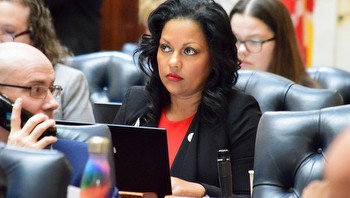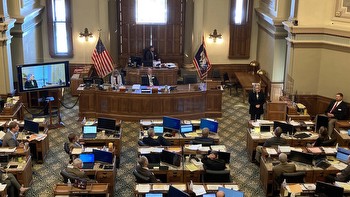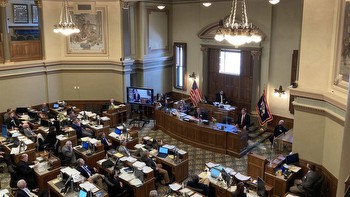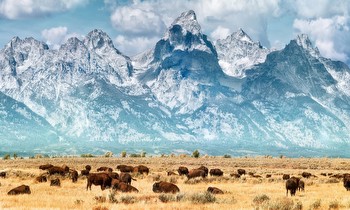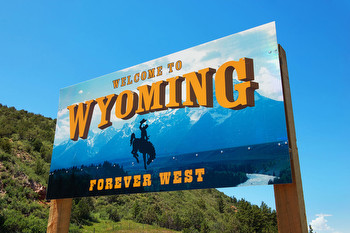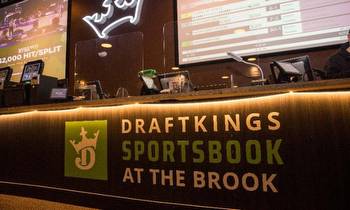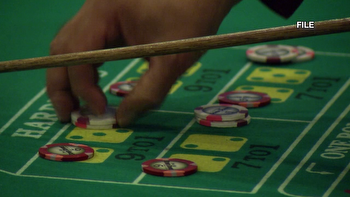Wyoming Lawmakers Introduce Online Casino Measure

Wyoming lawmakers are looking to add online casino wagering to its gaming market.
House Bill 120, sponsored by Rep. Jon Conrad, Robert Davis, and others, has been introduced in hopes of authorizing iGaming in the Equality State. Wyoming is home to an established gaming market after Gov. Mark Gordon signed sports betting measure House Bill 133 into law in 2021.
Introduced this week, HB 120 proposes to have iGaming in Wyoming regulated by the state’s Gaming Commission, which can offer up to five interactive gaming operator permits. Operators are required to pay an initial $100,000 fee for a permit, which is renewable every five years.
Five-year renewals cost $50,000, while vendor permits cost an initial $10,000 with a $5,000 five-year renewal fee.
Operators who are granted a permit in Wyoming will be able to enter into reciprocal agreements with other jurisdictions due to the state’s population of 584,000, which is the lowest in America. The revenue from wagering statewide would be taxed at a 10% rate.
HB 120 calls for $300,000 of annual tax revenue to go toward problem gambling programs.
Other lawmakers across the country are making efforts to bring iGaming to their jurisdictions.
House Bill 2239 has been introduced in Illinois as an iGaming measure that would allow operators to launch in the state after being granted a license, which costs an initial $250,000.
Operators are allowed to offer up to three skins with licenses renewed annually at $100,000.
An iGaming bill has also appeared in Maryland. The measure, Senate Bill 603, is sponsored by state Sen. Ron Watson and would legalize iGaming in the Old Line State via a voter referendum.
Hawaii is considering iGaming after Sen. Ronald D. Kouchi introduced Senate Bill 3376, which would establish a Gaming ControlCommission and authorize sports betting and online poker.
Groups in New York are advocating for iGaming but it remains a longshot given that Gov. Kathy Hochul did not include it in her budget.












